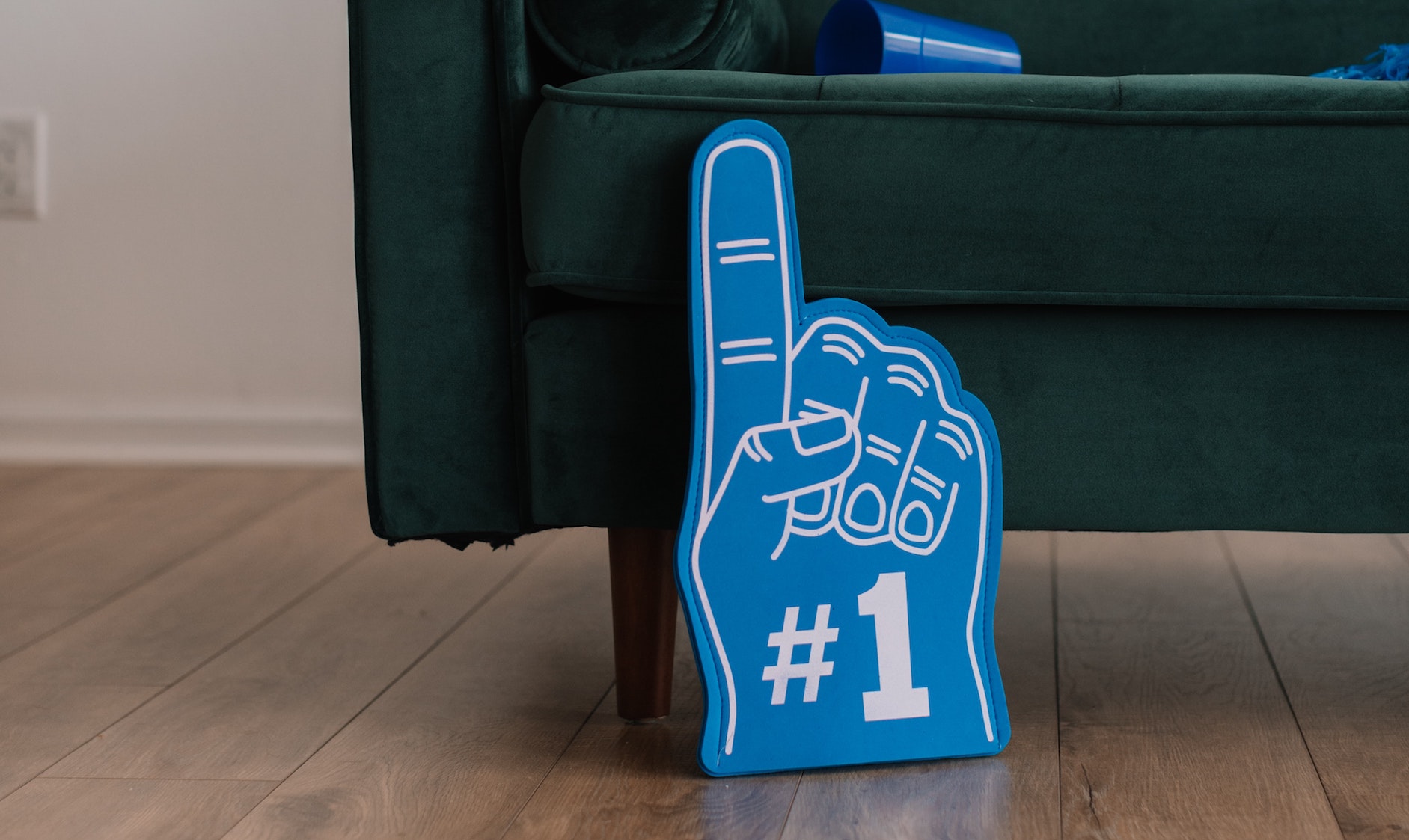The disruptions surrounding COVID-19 cannot be understated. In addition to its impact on the health of our nation’s citizens, the novel coronavirus has resulted in the premature end of the school year, the cancellation of festivals and concerts, and even the postponement of the 2020 Summer Olympics. Many Americans are upset by the absence of one spectacle in particular: sports. While missing a season isn’t ideal, it does have a silver lining. Without sports to bet on, many people addicted to gambling find themselves free of temptation for the first time in years.
How Sports Cancellation Affects Gamblers
The South Florida Sun Sentinel recently interviewed addicted gamblers who see the positive side of sports cancellations. “This is a great opportunity for anyone with a gambling problem to get a foundation of recovery for when things start up,” said Joe, one of the interviewees.
Another gambler, Douglas, bets solely on sporting events. As a former college athlete, he finds that only sports bets delivered a similar high to winning a game himself. He placed his last bet on the first of March, and he’s counting the days that his 20-year addiction to sports bets remains in remission.
“When I’m into gambling, it can be the NBA, women’s tennis in China… anything. In the throes of addiction, it’s hard trying to get three to five days without a bet under my belt. It’s like a drug addiction,” he explained. Today, there are no games to resist. He meets with a support group regularly through videoconferencing platforms and has entered a disciplined program to find help. “Sports not going on is the best thing for me. [For] a lot of people, including myself… even when sports come back, I’ve found there are other things to do.”
Am I Addicted to Sports Bets?
We’ve previously discussed gambling addiction and its treatment on the blog. In that article, we explained that this disorder is an illness that disrupts one’s daily life. According to the Diagnostic and Statistical Manual, 5th Edition (DSM-5), gambling addiction (and therefore sports betting) may be diagnosed by the presence of the below criteria:
- Feeling restless or irritable when attempting not to gamble
- Making repeated, failed attempts to quit or cut back on gambling
- Being preoccupied by thoughts of gambling
- Gambling when feeling distressed
- Betting increasing amounts of money to get the same rush
- Chasing losses (returning after a loss to “get even”)
- Lying to conceal one’s problem
- Losing relationships due to gambling
- Relying on others to provide money and support for gambling
Put simply, if you or a loved one are spending an increasing amount of money (and an increasing amount of time) on this behavior, it’s possible that a sports betting addiction is present. This behavior affects the brain in the same way that a substance use disorder does – the recurrent behavior, which may initially create a brief “high,” eventually rewires the brain’s reward system. Typically, those who are addicted to gambling begin betting in childhood or adolescence, with men betting earlier in life than their female counterparts.
Treatment for Gambling Addiction
Another individual interviewed by the South Florida Sun Sentinel, Joe, used to be consumed with sports betting. Today, he has been in recovery for a year and a half. He advises young people, “Now’s the time to get help. There’s no easier starting point than when the action is limited.”
Indeed, in some ways, the COVID-19 outbreak represents a clean slate for sports betters worldwide. Today, treatment centers like Pine Grove have begun offering inpatient treatment with heightened attention to CDC protocols. Outpatient programs are also available on a fully remote basis.
Through comprehensive therapy, medication, and participation in 12-step groups, it is possible to overcome a gambling addiction. Cognitive behavioral therapy and dialectical behavioral therapy may be used to reason through one’s gambling issues. Through clinical work, individuals can understand the root of their problems while modifying their behavior moving forward. By replacing negative impulses with healthy choices, the urge to gamble may subside.
Additionally, it is possible for gambling addiction to occur as a side effect of disorders like ADHD, bipolar disorder, or OCD. Through treatment, it is possible to diagnose and treat the cause of the behavior and reduce the use of betting as a coping mechanism.
Treatment for Sports Betting Addiction
Pine Grove provides nationally recognized treatment for behavioral addictions, including gambling addiction, sports betting addiction, love addiction, and eating disorders. If you would like more information, please contact us today.

